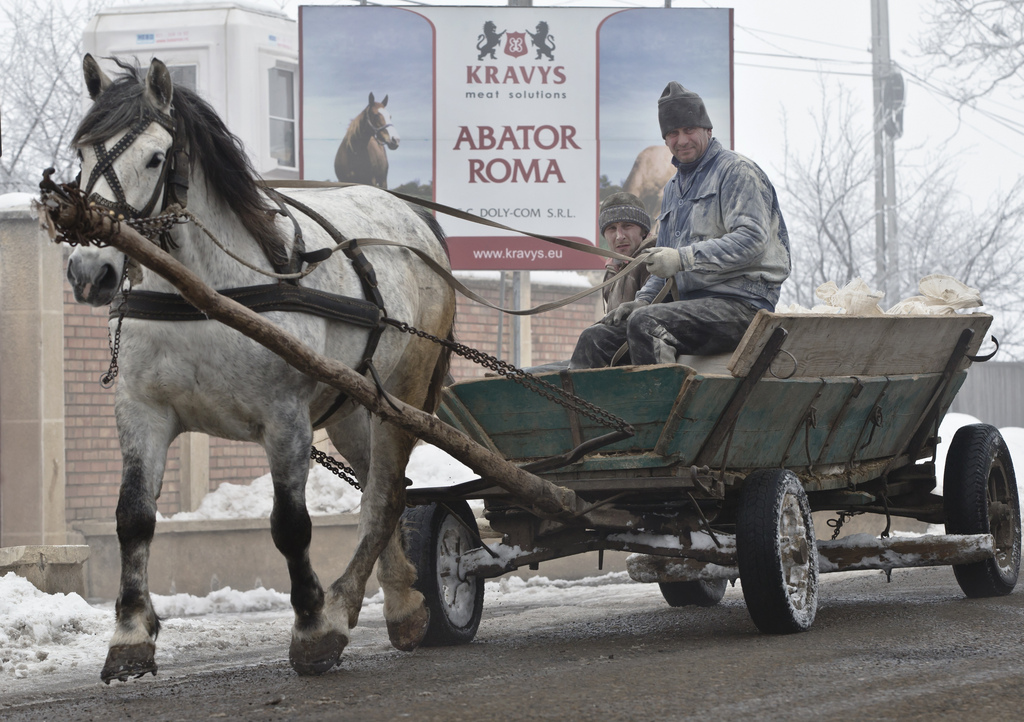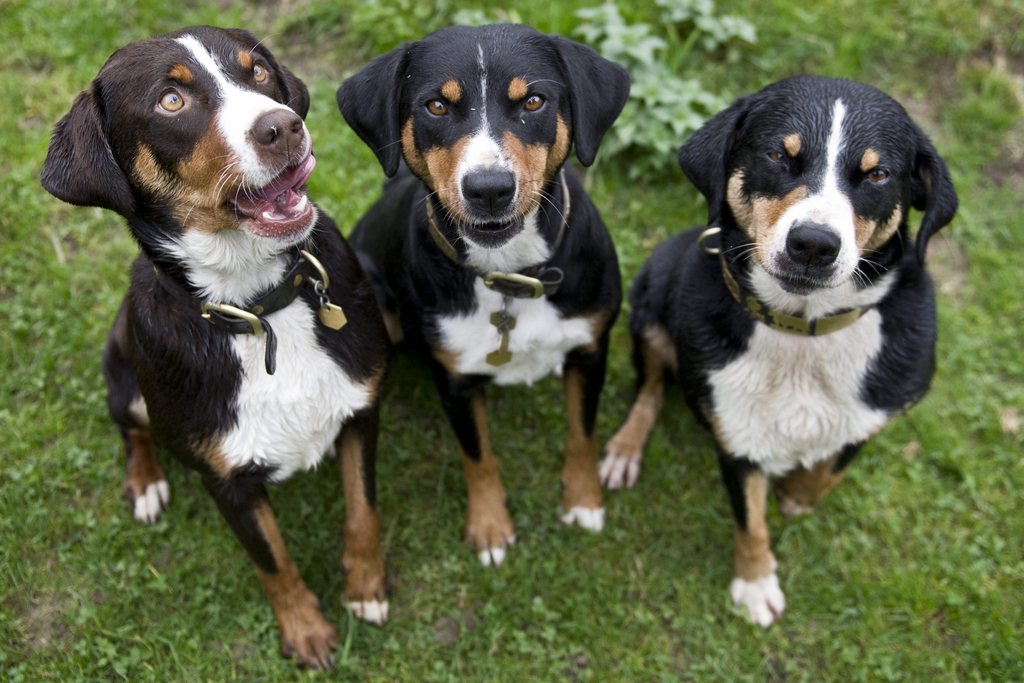Horsemeat scandal gallops on to Switzerland

Coop, Switzerland’s second-largest supermarket chain, has confirmed that traces of horse were found in its own-brand beef lasagne, produced by the French company Comigel implicated in the “horsegate” scandal that is making headlines across Europe.
As a precaution Coop had pulled all the “Lasagne verdi alla bolognese” frozen meals carrying its own brand at stores in Switzerland on Monday.
Customers who bought the affected products can receive a full refund, Coop said on its website on Wednesday.
The own-brand lasagne came from French supplier Comigel based in Metz, which also produced contaminated Findus UK beef lasagnes.
The British unit of frozen foods group Findus began recalling its beef lasagne last week on advice from Comigel, after tests showed up to 100 per cent of the meat in them was horse.
Swiss consumers eat horsemeat, more commonly in the French-speaking region, but they are extremely sensitive about the origin of their meat products with strict labelling requirements in force.
French and British governments have since vowed to punish those found responsible. The scandal has caused particular anguish in Britain, where eating horse flesh is virtually taboo.
Food chain
The issue came to light on January 15, when during routine tests the Food Safety Authority in Ireland discovered horse meat in frozen beef burgers produced by firms in Ireland and Britain and sold in supermarket chains including Tesco, Britain’s biggest retailer.
The “horsegate” affair has since implicated operators and middlemen in a host of EU countries, from abattoirs in Romania and factories in Luxembourg to traders in Cyprus and food companies in France.
Swiss food group Nestlé, which sold the rights to the Findus brand in most of Europe in 2000 but retained them in Switzerland, launched a campaign this week to reassure consumers that Swiss Findus products were only made from Swiss beef.

More
What’s your beef, meat eater?
“Not affected”
Coop’s main supermarket rival Migros, which stocks the Swiss Findus products, said it did not sell meat from Comigel and its products were not affected by the European scandal.
“For M-Budget lasagne the meat is imported from Germany from a supplier with whom we have a long business relation. The meat arrives cut in quarters allowing us to examine it. We then produce our own lasagne ourselves which allows us to control the price and quality,” Migros spokeswoman Monika Weibel told 24Heures newspaper.
Bern, Vaud and Aargau cantonal laboratories are reportedly continuing testing different samples of prepared lasagne from all major retailers in the country with results expected on Thursday.
Bernard Klein, a Vaud cantonal chemist, told Swiss television the discovery of horse instead of beef in Switzerland “was a surprise for everyone”.
The Consumer Protection Federation for French-speaking Switzerland said it was sceptical about retailers’ ability to trace the ingredients used in frozen meals.
Aline Clerc told 24Heures: “Unfortunately Switzerland is not a protected island in the middle of Europe. The number of people who intervene in the production of frozen meals dilutes the responsibility of each one. In Bern there are pressures from certain people to reduce the labelling about where ingredients come from while in fact we should be doing the opposite to add more.”
According to Proviande, each Swiss resident ate an average of 53.74 kilograms of meat in 2011, an increase of 3.3 per cent compared with 2010.
Consumption peaked in 1987, a year when the Swiss ate an average 71kg of meat per person.
Pork is the meat of choice, with the average person eating nearly 25kg per year. Poultry and beef are about equally popular, with 11.43 and 11.29 kilos respectively.
The Swiss are not big horsemeat eaters compared with France or Belgium, consuming on average 700 grams per person annually.
Most horsemeat is imported from Canada, Mexico and Argentina.
European measures
The European horsemeat scandal is quickly spreading to other countries.
After Britain and Ireland French retailers’ federation FCD said February 10 that French supermarkets were also pulling several products supplied by Findus and Comigel on concerns that they were incorrectly labelled. The supermarkets are Auchan, Casino, Carrefour, Cora, Monoprix and Picard.
On Wednesday Germany said it was investigating a consignment of beef lasagne sent from Luxembourg to an unnamed retailer in North Rhine-Westphalia on suspicion it might contain horsemeat.
The first evidence that the labelling scandal could go beyond horsemeat also emerged, as upmarket British grocer Waitrose said its testing found that some of its frozen British beef meatballs might contain pork. The firm, part of the John Lewis Partnership, has withdrawn the product from sale.
Authorities have said there is no risk to public health from the tainted foods. But growing revelations about the use of horsemeat in products labelled beef have raised questions about the safety of the European food supply chain and prompted governments to send out a European Union-wide alert.
Ministers from the worst-affected nations met in Brussels later on Wednesday to discuss their response to the scandal.
Wednesday’s meeting focused on strengthening existing EU rules, particularly on product testing and enforcement by national authorities. The European Commission proposed increased DNA testing of meat products to assess the scale of the scandal.

In compliance with the JTI standards
More: SWI swissinfo.ch certified by the Journalism Trust Initiative











You can find an overview of ongoing debates with our journalists here . Please join us!
If you want to start a conversation about a topic raised in this article or want to report factual errors, email us at english@swissinfo.ch.